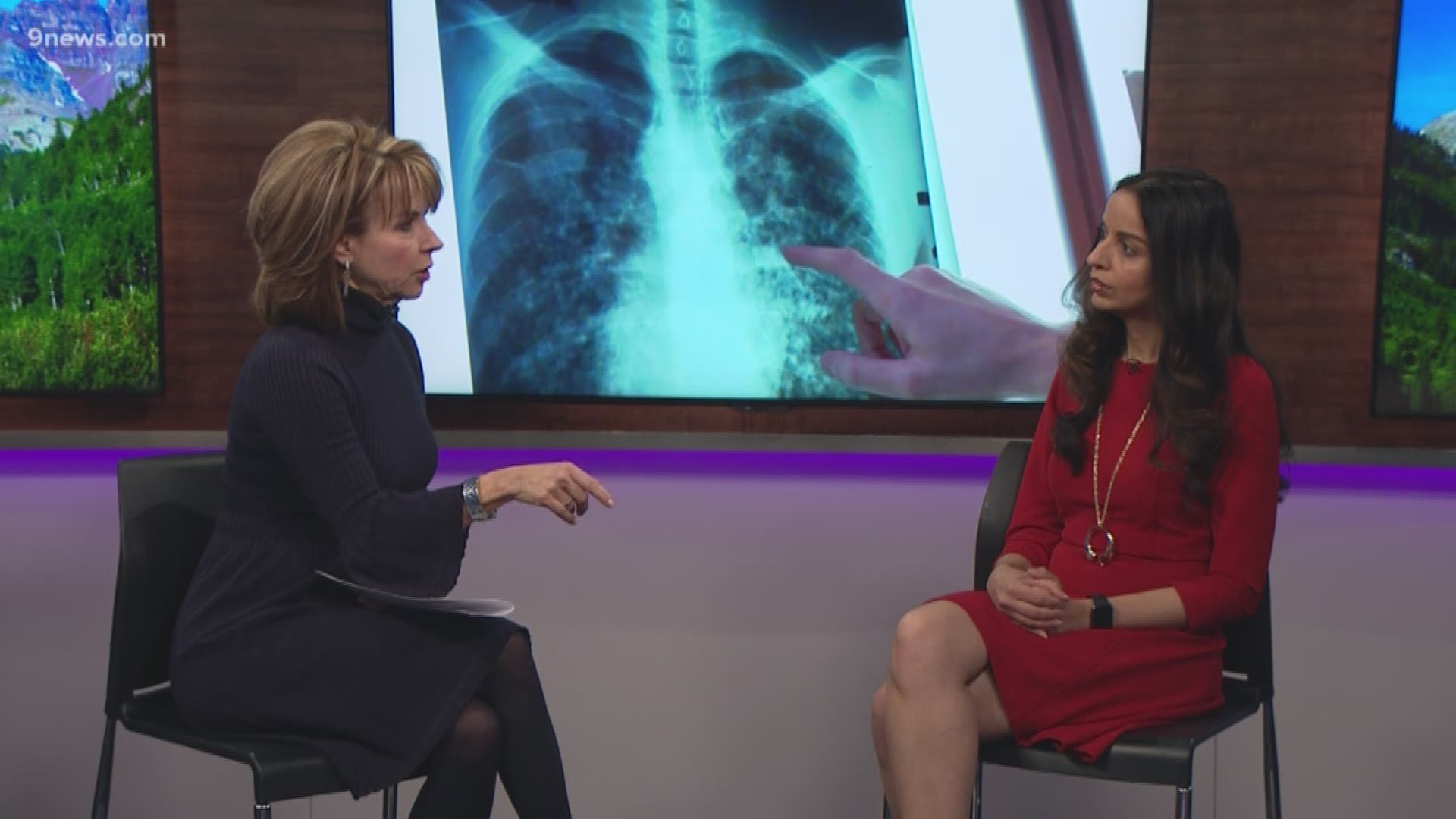DENVER — Rush Limbaugh, who is only 69 years old, announced on Feb. 3 that he was diagnosed with advanced lung cancer on his talk show. Apparently, the radio personality experienced shortness of breath a few weeks prior to his diagnosis and two different clinics confirmed the diagnosis.
At this time, details are limited regarding the type of cancer Limbaugh has or his expected course of treatment. He did, however, announce that he would be taking time away from his show for his treatment.
Lung cancer remains the leading cause of cancer death among both men and women, and in 2019, accounted for 25% of all cancer deaths.
Background on Lung Cancer
There are two main classifications of lung cancer, small-cell lung cancer (~15%) and non-small cell lung cancer (~85%). The treatment and prognosis of lung cancer depends on the subtype of cancer.
Unfortunately, lung cancer can often be asymptomatic in its early stages and for this reason, the cancer has often spread at the time of diagnosis. It is estimated that 20% have local disease, 25% of people have local spread of the cancer at the time of diagnosis and 55% can have distant spread. When symptoms are present, they can include cough, shortness of breath, weight loss, chest pain, or coughing up blood. Advanced stage cancer usually refers to cancer in Stage 3 or 4, where it is locally advanced (spread to distant lymph nodes) or when there are distant metastases throughout the body, respectively.
Treatment for advanced cancer can include a combination of surgery, chemotherapy and radiation therapy. There are also newer “immune” therapies that use the body’s immune response to fight the cancer or “targeted” therapies that target specific receptors on the cancer cells to kill them.
What causes lung cancer?
Lung cancer is thought to be the confluence of genetic predisposition with environmental risk factors/exposures. Smoking is the biggest risk factor for the development of lung cancer and there is a dose-dependent relationship (with more smoking leading to higher risk) and accounts for 85-90% of all lung cancers in the United States. Having a family history can increase risk of lung cancer (up to two-fold in some studies). Other factors include occupational exposures, such as asbestos, or other environmental exposures such as radon, radiation, arsenic or second-hand smoke, and such exposures account for 10-15% of lung cancers. HIV infection is also a risk factor for the development of lung cancer.
What is the prognosis for advanced lung cancer?
The response to therapy and prognosis depends on the stage of the cancer at diagnosis as well as the age, overall health and individual response of the patient. However, in general, the outlook for advanced lung cancer is poor. Estimates from the National Cancer Institute and American Cancer Society report that only 5-6% of individuals with distant metastases of non-small cell lung cancer at the time of presentation are alive at 5 years.
Are cigars or vaping risk factors?
Limbaugh had stopped smoking in the 1980s but admitted to smoking cigars. Just like cigarettes, cigar-smoking causes many cancers, including oral cancer, esophageal cancer and lung cancer as well as harmful effects on heart health and lung health. Cigar smoking isn’t safe (even without inhaling) and a single full-sized cigar can have almost as much nicotine as a pack of cigarettes.
In a study sponsored by the NIH, mice who were exposed to e-cigarettes (equivalent of 3-6 years of vaping) developed lung cancer, suggesting that vaping is highly likely to be harmful and carcinogenic to humans.
How does one prevent and screen for lung cancer?
Smoking is the biggest risk factor. If you smoke, quit! If you have stopped smoking or don’t smoke, don’t start! Minimize exposure to environmental toxins (like second-hand smoke, air pollution, radon, radiation) and any occupational toxins (like asbestos).
Screening everyone, regardless of risk, is not recommended by the United States Preventive Services Task Force and the American Lung Association as the screening tests have risk of radiation and false-positive results. Instead, guidelines recommend screening those aged 55-80 years who are at higher risk due to a history of heavy smoking within the past 15 years or those who are currently smoking. If you are worried about your risk of lung cancer, talk to your doctor about whether you need to be screened.
SUGGESTED VIDEOS | Local stories from 9NEWS

